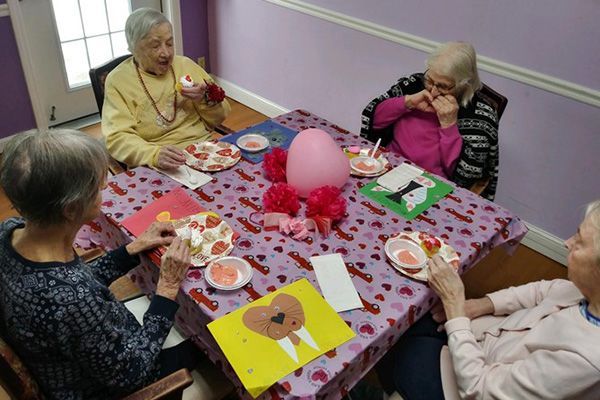Falls and the Elderly
"Proper footwear is an important defense against the risk of falling"
One major consequence of growing older is the increased likelihood of falling. One of four people over age 65 falls each year. Falling once doubles your chance of falling again. Understanding the causes and implementing easy interventions, in conjunction with your medical team and family, can reduce or eliminate the risk of falling. Doing so important for the elderly as the impact of falling is significant:
- One of five falls will cause a serious injury
- 8 million older people are treated in an emergency room annually for injuries related to falls.
- More than 800,000 are hospitalized each year after a fall
- At least 300,000 of the hospitalizations are for fractured hips
- The direct medical costs for fall injuries are $31 billion annually.
Because of the impact on the quality of life of seniors after a fall, and the financial costs, a lot of research has been done to identify risk factors and what can be done to prevent falls.
Risk factors include:
- Lower body weakness
- Use of medicines, particularly sedatives, tranquilizers and antidepressants
- Vision issues
- Balance difficulties
- Vitamin D deficiency
- Home hazards
- Foot pain or improper footwear
While all falls cannot be prevented, simple steps can go a long way to minimize the chances of falling. These include:
- Visit your doctor. Discuss with him or her a list of your medications, both prescribed and over-the-counter. Your doctor can review your medications for side effects and interactions that may increase your chance of falling. Also tell your doctor about how comfortable you are when you walk – do you grab items such as chairs to steady yourself; do you feel dizzy when standing or walking; do you suffer joint pain or a shortness of breath; do you have numbness in your lower extremities. These will help your physician evaluate your risk for falling.
- Exercise. Do exercises that make your legs stronger and your balance better. Exercise need not be strenuous, just done on a consistent basis, in order for you to see improvement. Tai chi is a good exercise for seniors.
- Have your Eyes Checked. Do this at least once a year. Update your eyewear as needed. Consider ditching those bifocals and have dedicated glasses for reading and another pair for distance.
- Wear the Right Shoe. Wear properly fitting, sturdy shows with nonskid soles. If you wear slippers around the house, these too should have nonskid soles and should not be loose but snug.
- Look around your home. Remove throw rugs and clutter. Move coffee tables, magazine stands and plants from high traffic areas. Make sure handrails, floorboards and steps are secure. Add a second handrail on the stairs so there is one on both sides for your use. Use non-skid floor wax. Store items you use a lot, especially in the kitchen, at an easy to reach level. Add grab bars in the bathroom and grab handles at the front door. Keep your tub free of soap build up and install no-slip strips in the bath or shower.
- Light it up. Keep your home brightly lit to avoid tripping on hard-to-see items. Turn on the light before going up or down stairs or through a room. Trade out the light switch for a glow-in-the-dark switch. Place nightlights in hallways, bedrooms, bathrooms and stairways. Keep lighting uniform in each room and add lighting to dark areas.
- Use a cane or walker. And if you do, use it all the time, even for a short walk across a room.
At Manor on the Hill, we conduct a fall risk assessment regularly with our Residents and partner with health providers to implement these suggestions, as well as, to engage in our Residents in Physical or Occupational Therapy as needed. A little planning can help prevent falls and keep you from becoming a statistic.



